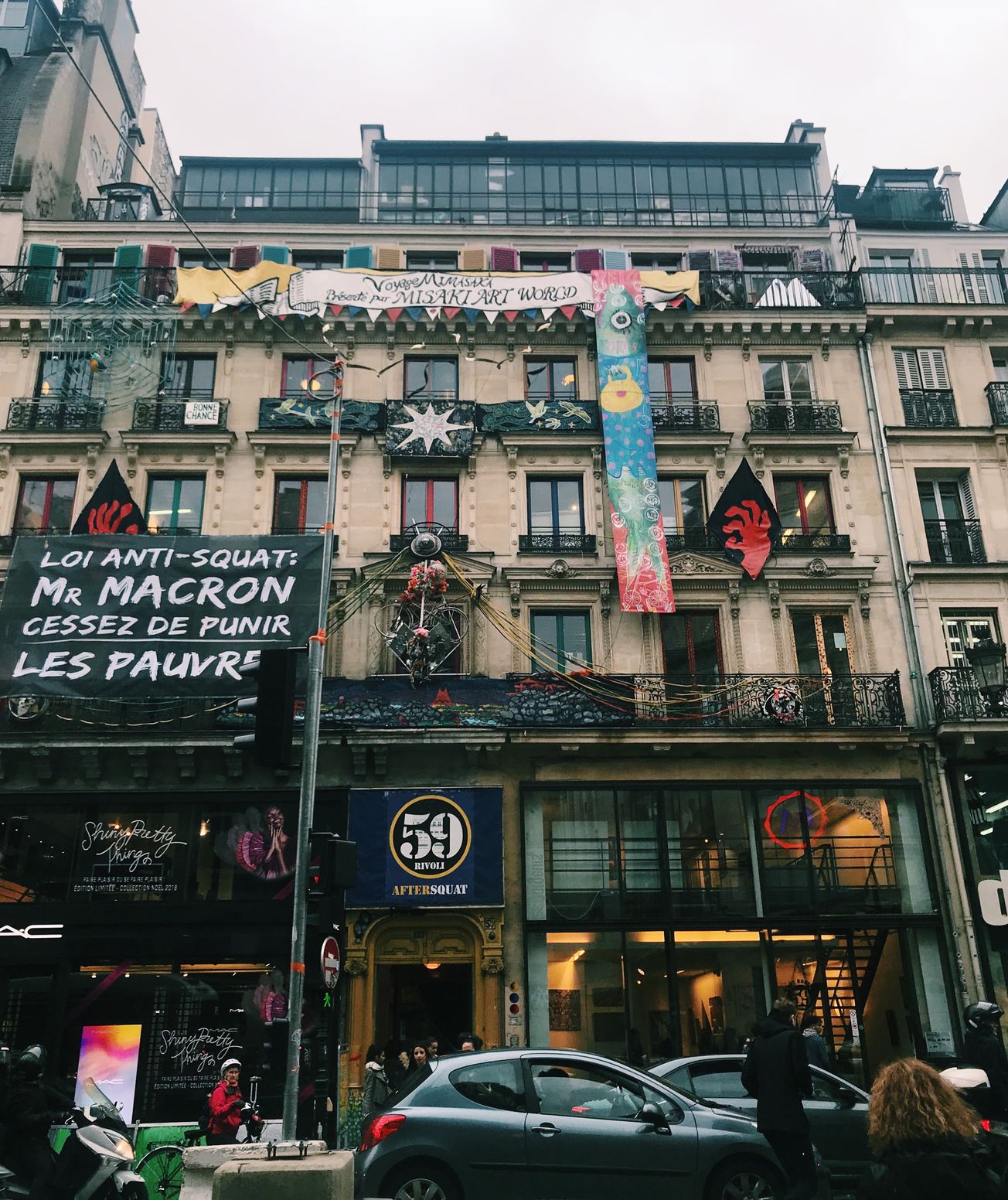Plates of cheese, midnight moped rides and smokey street-side cafés cloud the perception of Paris. Whilst the hexagon's capital city is one of the most romantic in the world, Will Holmes warns us about not getting carried away by what we've seen in the movies.
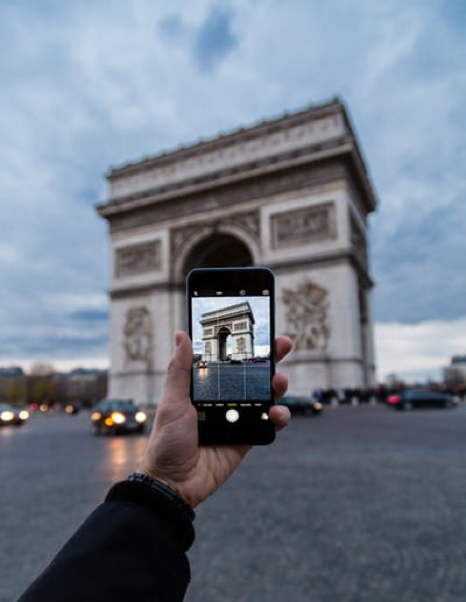
Paris is the third most visited city in the world, with 17.4 million tourists stopping in for at least one night in 2017. It boasts some of the world’s most iconic tourist spots, such as the Eiffel Tower, the Louvre, (what remains of the) Notre-Dame Cathedral, the Arc de Triomphe and the Champs Élysée, the Musée d’Orsay, the Place de la Concorde, the Tuileries gardens, Sacré-Coeur… the list goes on.
It is these cultural landmarks that attract tourists from all over the globe to experience the city of love, the city of cigarette-smoking 'Sartrien' intellectuals, the city of chic and style. It is impossible to think about Paris without these stereotypes popping into your head. But what happens when tourists face the reality of Paris?
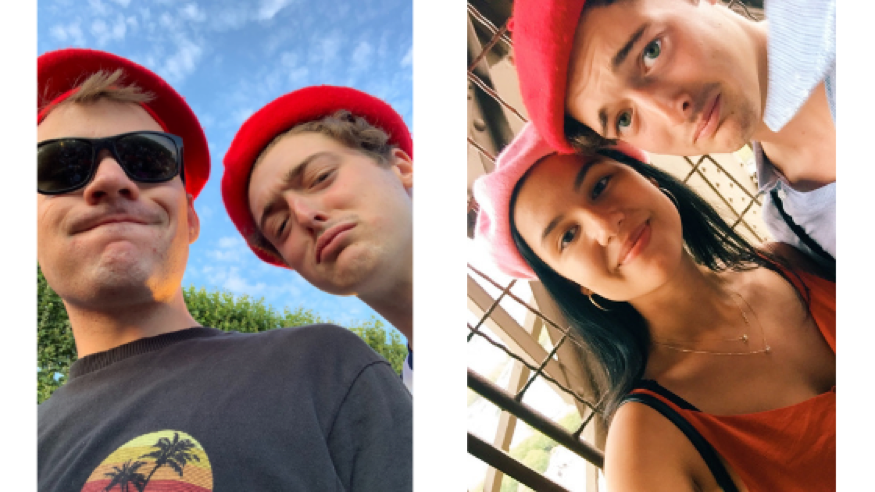
Does it cause you to have symptoms such as 'an acute delusional state, hallucinations, anxiety, dizziness, and sweating'? Or maybe 'feelings of persecution… derealisation, depersonalisation' and 'psychosomatic manifestations' such as vomiting or cardiac arrhythmia? These are some of the official signs of the so-called Paris Syndrome.
He described the state of those diagnosed with the condition as 'entre mal du pays et mal de Paris' [between homesickness and Paris sickness].
Back in 1986, a Japanese doctor working in France coined the term whilst diagnosing some of the syndrome’s first victims. The condition is considered an extreme form of culture shock and afflicts several tourists in Paris every year. It is caused by a wave of extreme shock upon finding out that your romanticised perceptions are far from the reality. This is especially prominent amongst Japanese tourists, who record an average of 20 tourists each year with symptoms of the syndrome.
In 2004, the president of the Franco-Japanese Medical Association, Mario Renoux, decided to take a further look into the curious phenomenon. He described the state of those diagnosed with the condition as 'entre mal du pays et mal de Paris' [between homesickness and Paris sickness]. However, Renoux’s key finding was the Japanese media’s portrayal of Paris.
Japanese media painted this picture in many of its readers’ minds that the reality would be just like the suavely dressed models and fashion icons they had seen photographed by the Eiffel Tower, or the Parisian love story that they had seen in the cinema. As a result, the most susceptible demographic of Japanese tourists, according to Renoux’s study, is women in their early thirties who have never travelled internationally.
But whilst the Japanese may be the most strongly afflicted, even Europeans must admit their own vulnerability to this condition. With misleading films such as Midnight in Paris (2011) (see advert above), a wealth of media and literature that vaunts the greatness of French culture, cuisine and courtesy, the reality can be hard to swallow.
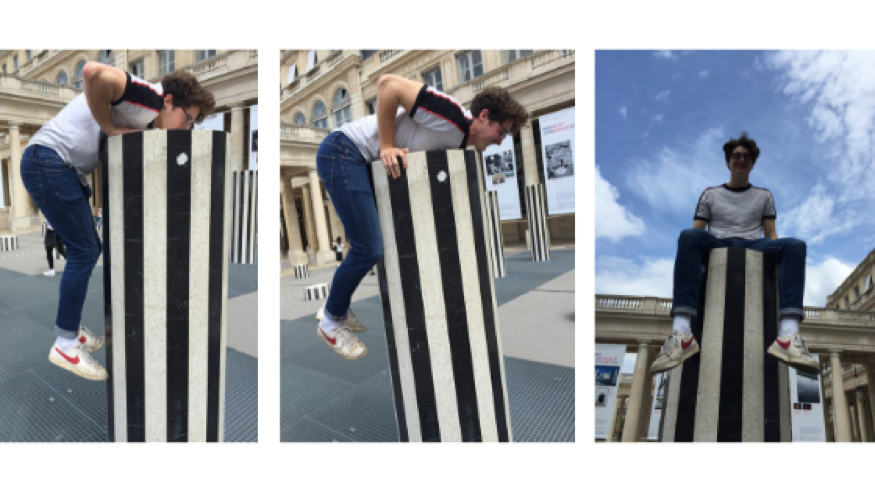
A minor form of the syndrome can be as simple as feeling disappointed by the photos you take in Paris - as demonstrated above) - or the chance rudeness of a waiter in a Parisian café.
On the other hand, it can be more serious issues such as the prevalence of 'vol à la tire' [pickpocketing] which between January and April this year has risen by 33 per cent. During my time studying in Paris, one classmate noted the confidence of pickpockets as the thief calmly returned the wallet to my classmate on the metro, after having taken all the cash inside.
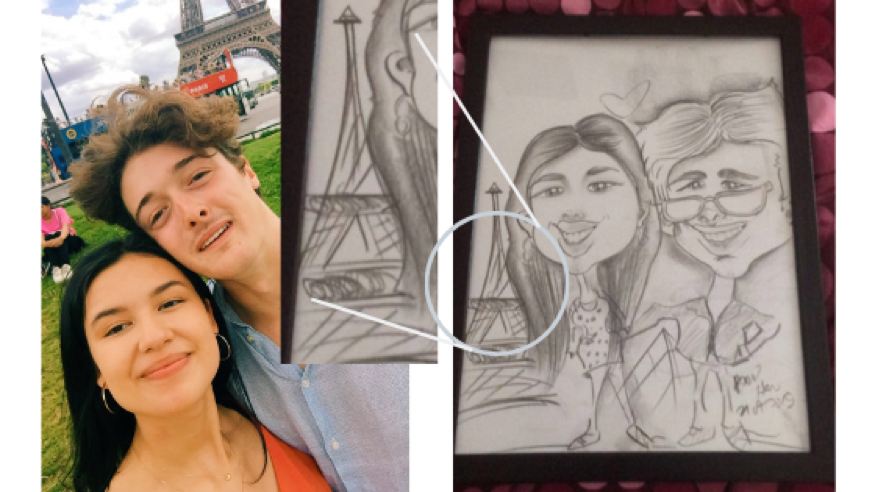
Equally, small disillusions can dull a tourist’s view of Paris, and such is my case. From the reality that a €20 portrait (see above) of my girlfriend and I, to falling off a lime scooter at high speed, to facing the scrum around the Mona Lisa that makes the skill of the painting impossible to see. The queue for the Eiffel Tower is allegorical of this sense of heightened expectation. You queue for hours, only to feel disappointment.
With misleading films...a wealth of media and literature that vaunts the greatness of French culture, cuisine and courtesy, the reality can be hard to swallow.
Take this as my warning about travelling to the French capital. The city is amazing. The culture and the history are second-to-none. But the Paris syndrome teaches a good lesson: lower your expectations, and you will avoid disappointment.
Featured image: Epigram / Lily Donnelly
Have you ever spent midnight in Paris? Let us know if you have any remedies for the dreaded syndrome.

